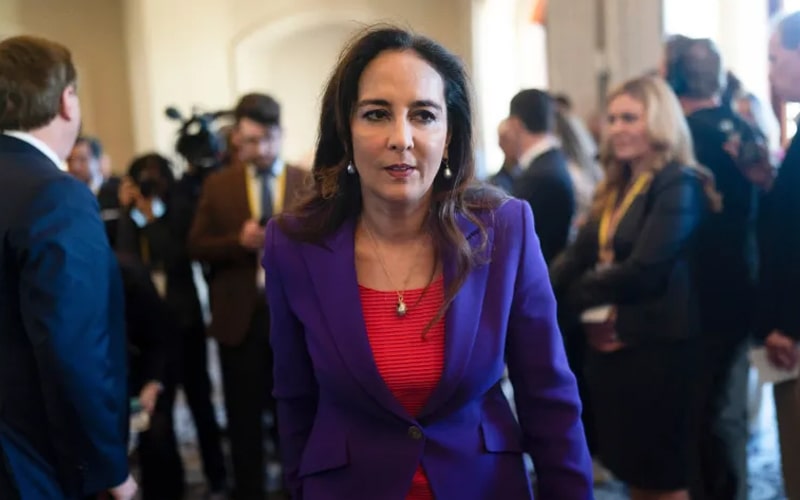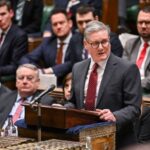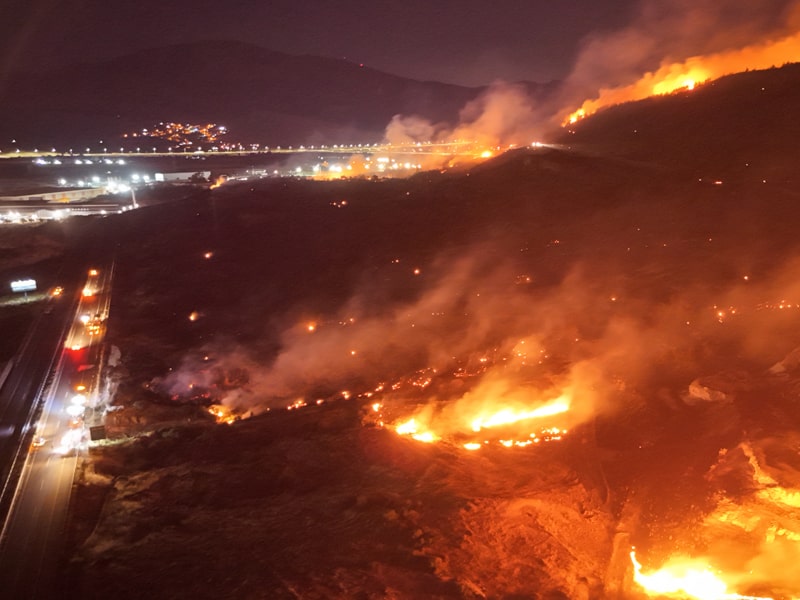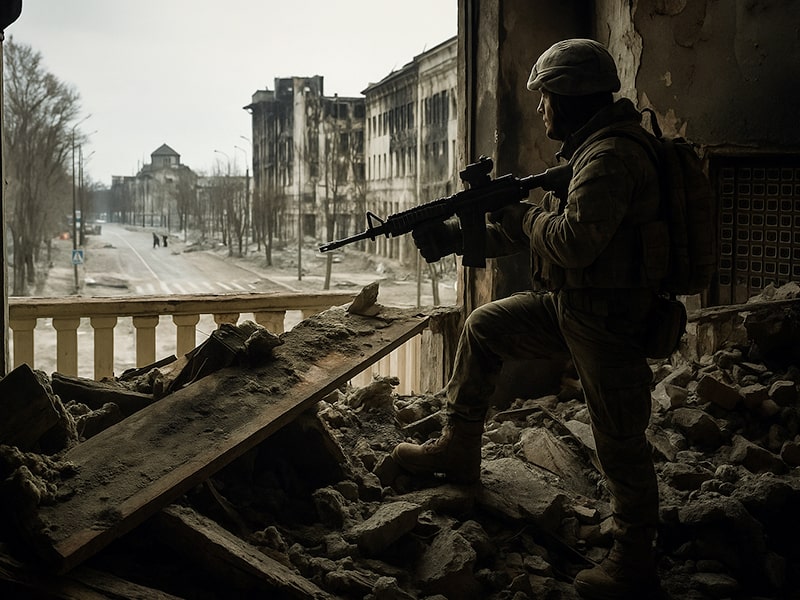Trump DOJ Ends Federal Oversight of Police Reform After George Floyd Protests
The Trump administration has officially begun dismantling a key pillar of federal police reform initiated after the high-profile killings of George Floyd and Breonna Taylor, sparking immediate backlash from civil rights leaders and local officials.
On Wednesday, the Department of Justice (DOJ) announced it will withdraw two proposed consent decrees—formal agreements that would have placed the police departments of Minneapolis and Louisville under federal supervision. Both cities were central to the 2020 nationwide protests demanding police accountability.
The DOJ also said it will rescind six investigative reports that had found patterns of discrimination and excessive force in several police departments.
Related: Justice Department Withdraws Reports on Police Abuse – AP
Trump DOJ Shifts Focus Away from Federal Oversight
Assistant Attorney General Harmeet Dhillon of the DOJ’s Civil Rights Division framed the rollback as a correction to federal overreach. She argued that local police reform should be state-led, labeling consent decrees as “an industry” wasting taxpayer dollars.
“There is a lack of accountability. There is a lack of local control,” said Dhillon. “Federal micromanagement of local police should be rare, not the norm.”
The settlements, negotiated under the Biden administration, aimed to implement federal oversight mechanisms following extensive pattern-or-practice investigations into abusive conduct.
Read more: Minneapolis Police Reform Plan – DOJ.gov
Civil Rights Advocates Decry the Rollback
Civil rights leaders reacted strongly, denouncing the decision as a betrayal of national progress made after the police killings of George Floyd and Breonna Taylor.
“This move isn’t just a policy reversal,” said Rev. Al Sharpton. “It’s a moral retreat that sends a chilling message that accountability is optional when it comes to Black and Brown victims.”
Sharpton and others warned the decision emboldens impunity within police departments and signals a withdrawal from racial justice reform.
Reversing Course on George Floyd’s Legacy
Floyd’s 2020 killing in Minneapolis—captured on video as Officer Derek Chauvin knelt on his neck for over nine minutes—ignited what has been described as the largest civil rights protest movement in U.S. history. Breonna Taylor was killed the same year in Louisville, when police executed a no-knock raid and fired multiple rounds into her apartment.
Both deaths sparked national outcry, leading the Biden administration to launch 12 DOJ investigations into U.S. law enforcement agencies.
Local Leaders Vow to Stay the Course
Despite the DOJ’s pullback, local leaders in Minneapolis and Louisville insisted they would continue police reform independently.
“We will comply with every sentence of every paragraph,” said Minneapolis Mayor Jacob Frey, referring to the city’s 169-page consent decree.
Louisville Metro Police Department (LMPD) Chief Paul Humphrey added, “It’s not about these words on this paper. It’s about the work we will do together to make us a safer, better place.”










